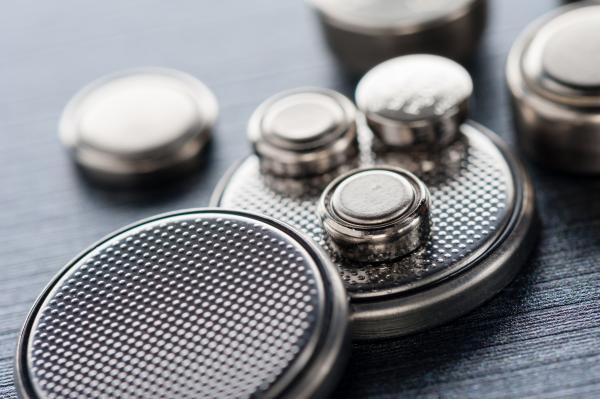Parents are being urged to conduct regular button battery audits of items in their homes.
It’s estimated 20 children each week present to emergency departments across Australia due to button battery related injuries – a horrifying statistic.
Tragically, two Australian children have died due to button battery related injuries; four-year-old Summer Steer in 2013 and 14-month-old Isabella Rees in 2015, who both ingested button batteries from unidentified sources.
Children who survive can be left with permanent injuries, face countless painful surgeries and a lengthy recovery process.
Jason Chambers, General Manager of Kidsafe Victoria, emphasised the danger of the tiny buttons.
They can be found in many toys, remote controls, calculators, bathroom or kitchen scales, car keys, watches, talking books, musical cards, flashing novelty items, hearing aids and flameless candles.
“If swallowed, a button battery can become stuck in a child’s throat where saliva immediately triggers an electrical current,” he said.
“This causes a chemical reaction that can burn through the oesophagus in as little as two hours, causing severe life-threatening injuries and in some cases death.
“With so many common products using button batteries, one of the major dangers is that a child can swallow a battery without anyone hearing, seeing or knowing.”
Isabella’s mum, Allison Rees, has established ‘Bella’s Footprints’, a foundation with the aim of raising awareness of the dangers posed by button batteries.
“Keep sharing your knowledge of button battery dangers and tell as many people as you can, because the more awareness and the more education, the more lives we can save,” she said.
“It’s too late for Bella, but it’s not too late for everyone else. It is our hope that no other family ever has to endure the pain and suffering of losing a precious child in such a horrific way.”








